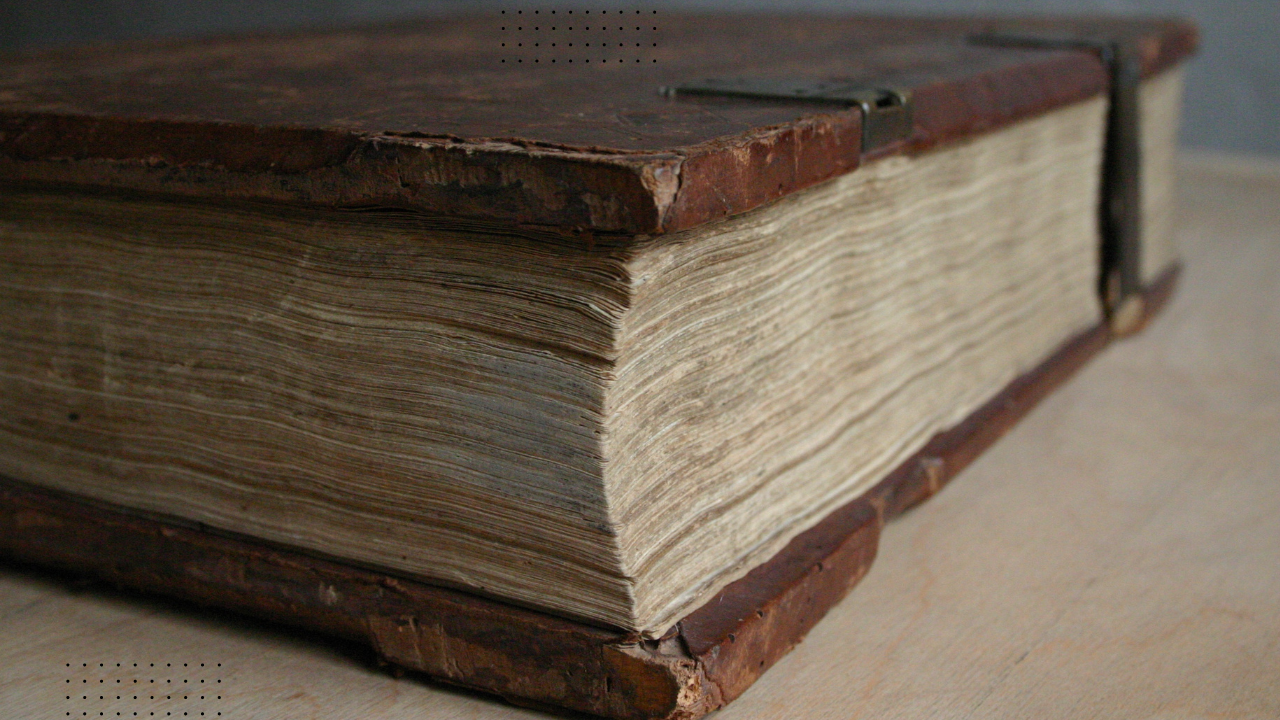Project Gutenberg is a volunteer effort to digitize and archive cultural works, including books, poetry, and other written works. It was founded in 1971 by American writer and computer programmer Michael Hart, who wanted to create a digital library of all the world’s knowledge.
The goal of Project Gutenberg is to make cultural works that are in the public domain, or no longer under copyright, available to the public in a digital format. This is important because it allows people to access these works for free, without having to pay for them. This means that anyone, anywhere, can read the books and other works that are included in Project Gutenberg’s collection.
One of the key features of Project Gutenberg is that all of its digital books are available in a variety of formats, including plain text, HTML, and PDF. This makes it easy for people to access the works on a variety of devices, including computers, e-readers, and smartphones.
Another unique feature of Project Gutenberg is that all of its books are available for download, so you can read them even if you don’t have an internet connection. This makes it easy for people to access the books in remote or low-income areas where internet access may be limited.
Project Gutenberg has a massive collection of over 60,000 books, and it continues to grow. Some of the notable works that are included in the collection are the complete works of Shakespeare, the Bible, and the works of Edgar Allan Poe.
Overall, Project Gutenberg is an important and valuable resource for anyone who is interested in reading classic literature or learning more about the world’s cultural heritage. It provides a free and easily accessible way for people to access and enjoy these works, and helps to preserve them for future generations.
